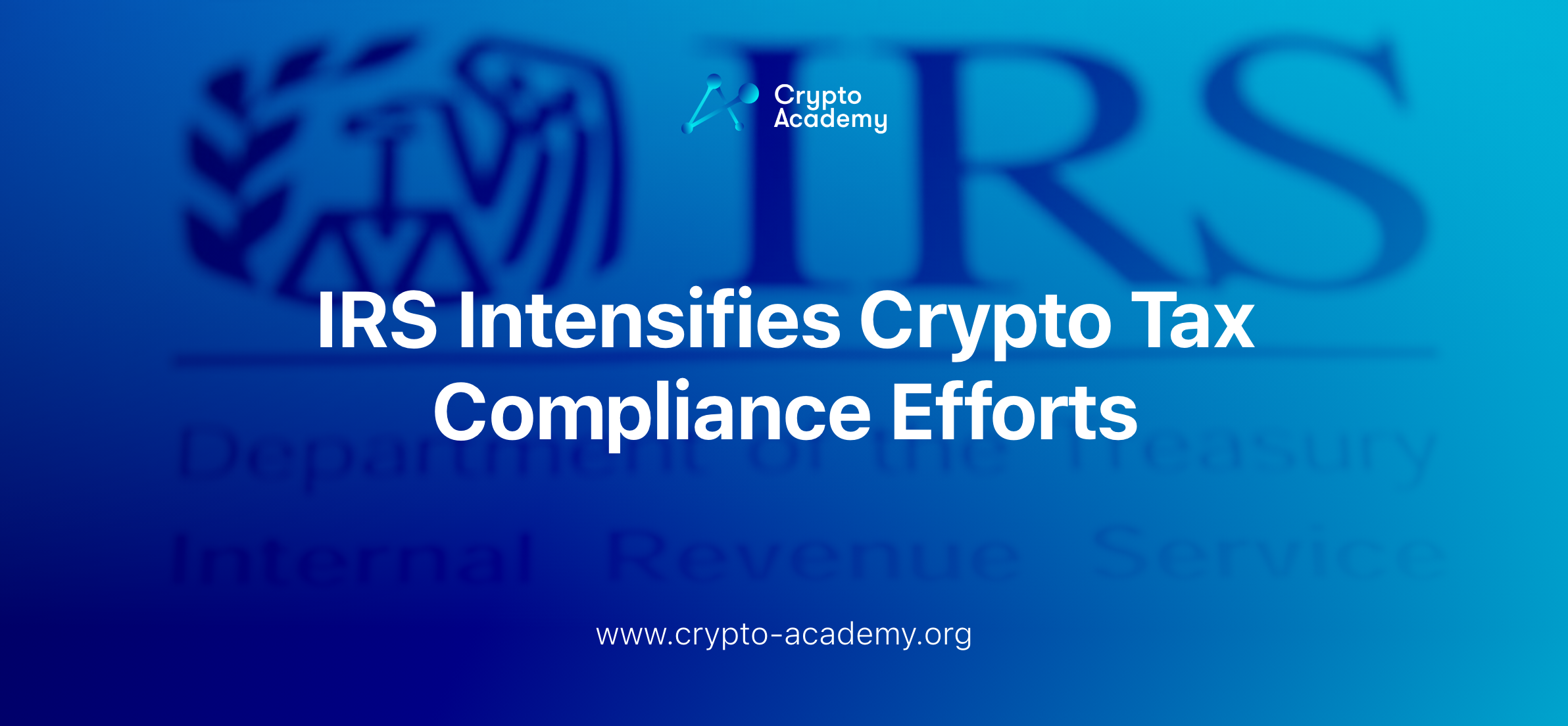The IRS intensifies crypto tax probes, targeting undisclosed holdings and unreported gains, seizing over $10 billion since 2015.
The United Internal Revenue Service (IRS) is intensifying its focus on crypto, signaling a growing trend in tax compliance efforts. The Criminal Investigation (CI) Unit, a key component of the IRS, has recently unveiled startling statistics in their latest fiscal year 2023 report. The report highlights a marked increase in investigations into undisclosed crypto holdings and unreported capital gains from crypto transactions.
In an era where digital assets are becoming increasingly mainstream, the IRS has shifted gears to keep up with the evolving landscape. The report from the CI Unit reveals the initiation of over 2,676 new cases, targeting more than $37 billion linked to tax and financial offences. This upsurge in cases reflects the broader use of digital assets and underscores the need for more stringent oversight in this sector.
The IRS CI’s investigations predominantly focus on income that taxpayers fail to report. This unreported income often stems from various sources such as cryptocurrency sales, mining operations, and even payments received in crypto forms like wages, rental income, or gambling winnings. The unit also highlights instances where taxpayers have attempted to evade payments by not disclosing their crypto holdings.
Heightened Scrutiny
Since 2019, the IRS has made it mandatory for U.S. taxpayers to report their digital asset transactions. This requirement has consistently featured in tax forms annually, emphasizing the government’s commitment to ensuring compliance in this area. Jim Lee, the Chief of the CI, acknowledges that the majority of cryptocurrency users engage in legitimate activities. However, the potential for digital assets to be used in financing terrorism, ransomware attacks, and other illegal activities cannot be ignored.
The IRS’s crackdown on crypto-related tax evasion is not new. The agency has been actively pursuing such cases since 2015, resulting in the seizure of digital assets worth over $10 billion. These efforts are part of a broader strategy to curb tax evasion, with the IRS proposing additional regulations for brokers to enhance reporting and reduce non-compliance.
This heightened scrutiny by the IRS serves as a reminder for all digital asset holders to be diligent in their tax reporting. The trend is clear: as cryptocurrency continues to weave into the fabric of financial transactions, tax authorities are adapting and increasing their oversight capabilities to ensure compliance.

